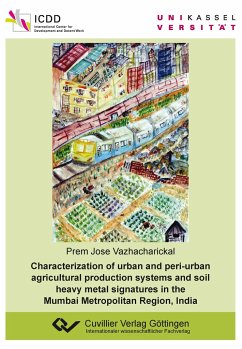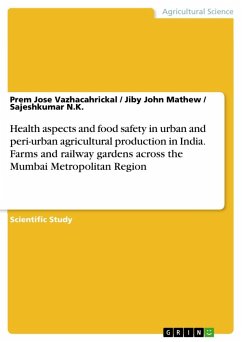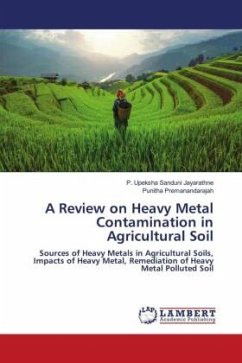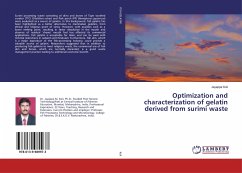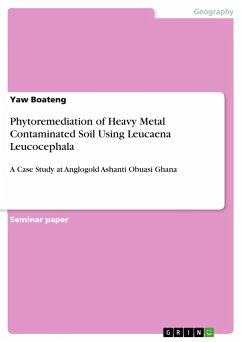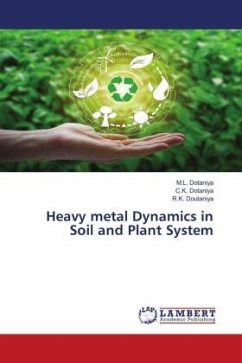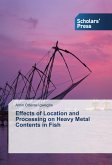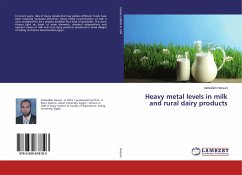Rapid urbanization in developing countries affects the social, economic and ecologic relationships between urban inhabitants. Even though urban and peri-urban agriculture (UPA) is well appreciated by the Food and Agriculture Organization (FAO) and United Nations (UN), it is often criticized due to its intensive mode of production and safety aspects. Only little is known about the UPA production system in the Mumbai Metropolitan Region (MMR). In order to characterize the various UPA production systems across MMR, a baseline survey was conducted in 2010 and further detailed investigations were conducted for general soil characterization and heavy metal signatures. Based on the results of a baseline survey of 165 households, the UPA production systems in the MMR were characterized according to their socio-economic, demographic, migratory and features related to production system. Five major UPA systems were detected: railway gardens, balcony gardens, terrace gardens, farms and ¿Tabelas¿ ¿ enclosures where buffalos and cows are reared for milk. A great diversity of vegetables, fruits, plantation crops and flowers prevail in these systems. The railway gardens in their majority (79%) were managed by migrants. The use of mineral fertilizers and pesticides prevalent in farms and railway gardens, while pesticide usage was absent in balcony and terrace gardens. The use of waste water among railway gardens accounted for 98% of the overall irrigation water usage; while the other production systems depend upon well water and tap water. Labor shortage is an increasing problem in UPA of MMR, while marketing channels are well organized and connected. In all cases studied, UPA systems contributed to food security and employment opportunities on limited land and helped to recycle organic waste.

